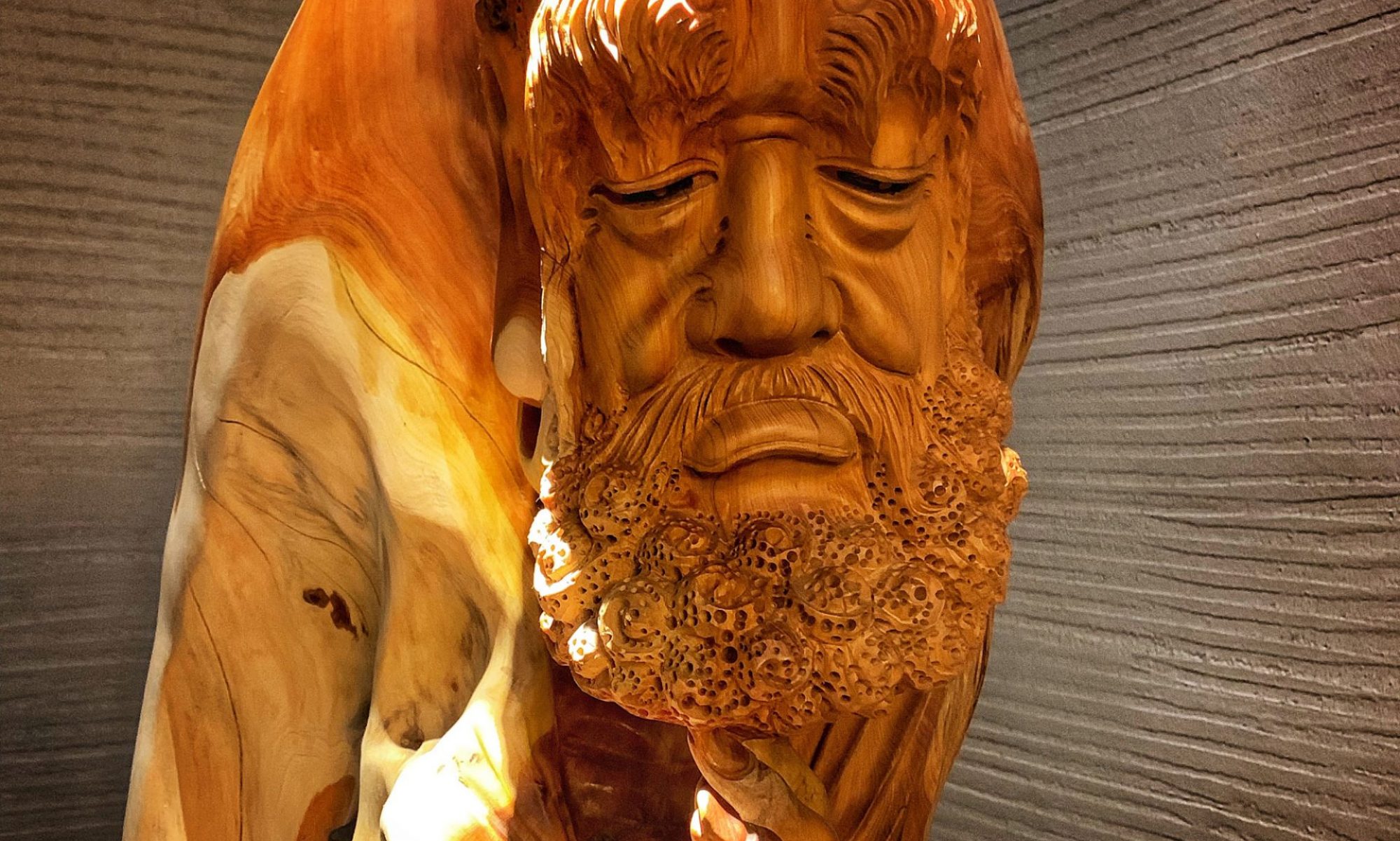As I reflected my earlier years of journey in Buddhism, I used to have a lingering question repeating in my mind as to why some enlightened beings are perceived stern whereas some loving and some even impartial. In my simplistic thought, all awakened ones must surely have attributes that are similar with each other. Only years later did I realise that the qualities exhibited in each one are but enhance attributes of the individual. Say for instance, if the person is inclined towards compassion, the being will be seen more compassionate than another who advocate the attributes of, say, perseverance. If we were to take in example of Mother Quan Yin and Jesus, we will be able to recognise that both have different attributes.
And that comes to the question of the path we take in our spiritual journey. As the saying goes, all road leads to Rome. I myself have seen and tasted variant of teachings that are inclined towards enlightenment in my years of search for Truth. Some are effort base, some faith inclined and yet some wisdom inquiry that leads to understanding and realisation. Out of these three, there are variant of characters that come out of each, respectively. Why is that so? From my personal observation of the innate nature of the mind, I came to an understanding that it has much to do with the character traits of the individuals built from past lives till the present. You may have observed some babies who have yet to pick up values from their parents already exhibiting nature of their own, for example gentleness, hostility, friendliness etc.
That been said, I also observe how each mind inclines itself towards certain teachings. Undoubtedly, it has to be so, since it is the condition of the mind to attract its own similar conditioning – just as birds of the same feather flocks together. If you are one who is inclined towards punitive development, it won’t be a surprise that you will be attracted to teachings that requires strict discipline. Sometimes to the extent that if that particular teacher uses abusive words to convey a message, your mind too will incline itself to do the same, if not more other abusive words, to make your point. After all, the world is in your own making of the mind.
If one is by nature gentle, the above method will be seen as harsh or even impractical. Whichever way one is, he or she will one day come to realise directly that it is part and parcel of the nature of each mind rather than individual, that is playing up the character traits. Yet, before that realisation comes into space, it can be a pain to be associated with the opposite, whether it is the strict discipline associating with the gentle or the gentle with the strict discipline – both may not understand each other. The same too can be said of those who are determined in contrast to those who are gentle, inclining themselves towards clear comprehension (sampajanna). There is a tendency of seeing each other “wrong” – yet those thoughts can only arise when one does not have a wide angle wisdom to realise that it is a journey of each’s own. It is a question whether we are projecting our own delusion or extending our wisdom to look at an issue. As a Chinese proverb goes, the same type of rice can raise various kinds of individual.
There is always a tendency of comparing our journey with another, or even to judge their progress, no matter how subtle we may express them – this is a hallmark nature of delusion as it does not see that whatever it comments outside itself, is but its own, in comparison. It will be easy to notice whether there is delusion if one was to be honest and lookout in their mind for meanings of superiority, inferiority or even equality – for they are all pride of different levels. Until wisdom fully blossom, it is important to learn about the different nature of the mind in this world – thus agreeing to disagree is a useful attitude to have in our journey towards awakening, to maintain our inner peace. Others do not matter anymore.

